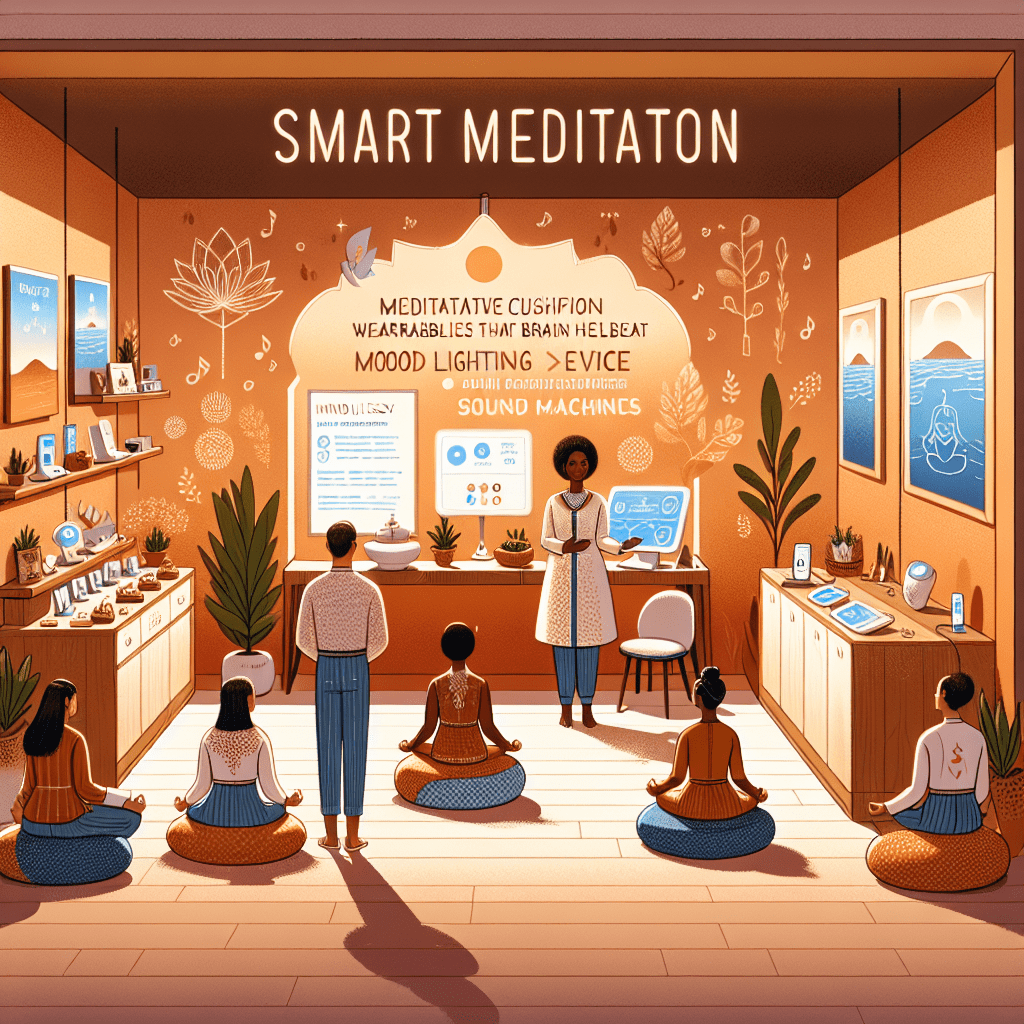
Prioritize your mental well-being daily. Enhance your life by nurturing your mental health with the Smart Meditation app. Break free from stress, alleviate anxiety, and enhance your sleep quality starting today.
Does Exercise Help With Anxiety?
Unraveling the Power of Exercise Against Anxiety
In a world where the buzz of the city never sleeps and the lights never dim, it’s no surprise that anxiety has become a frequent visitor for many. But here’s the kicker: What if the antidote to this unwelcome guest lies in the very movement of our bodies? Yes, we’re talking about exercise – not just a tool for physical transformation but a formidable ally in the battle against anxiety.
The Science Behind Sweat and Serenity
Let’s dive right in, shall we? When we talk about exercise, most minds sprint straight to the physical perks – sculpted muscles, a strong heart, that enviable endorphin rush. However, the benefits of breaking a sweat extend far beyond the physical realm.
First off, hitting the gym, pounding the pavement, or even dancing around your living room can ramp up the production of endorphins and serotonin in your brain. Think of these chemicals as your body’s built-in stress busters and mood lifters. Essentially, they’re like nature’s antidepressants, minus the prescription.
Moreover, exercise acts as a double-edged sword against anxiety. On one edge, it reduces levels of the body’s stress hormones, such as adrenaline and cortisol, dialing down the alarm bells of anxiety. On the other, it gives your mind something to focus on apart from your worries, serving as a form of active meditation.
Putting It Into Practice: How to Leverage Exercise for Anxiety Relief
Alright, now that we’ve got the why down, let’s talk about the how. Incorporating exercise into your routine doesn’t mean you have to sign up for the nearest marathon or become a CrossFit enthusiast (unless that’s your jam, of course). It’s all about finding an activity you genuinely enjoy and sticking with it. Here’s a step-by-step guide to get you moving:
-
Start Small: If you’re new to the exercise game or hopping back in after a hiatus, kindness is key. Begin with short, manageable sessions and gradually increase intensity and duration.
-
Mix It Up: Variety is not just the spice of life; it’s also a fantastic way to keep exercise exciting and prevent boredom. Alternate between different activities like walking, swimming, yoga, or cycling to keep things fresh.
-
Buddy Up: Having a workout partner can boost your motivation and make exercising more enjoyable. Plus, it’s an excellent opportunity for some social interaction, another proven anxiety buster.
-
Set Realistic Goals: Instead of aiming for the stars right out of the gate, set achievable goals. Celebrate every milestone, no matter how small, to foster a sense of accomplishment.
-
Listen to Your Body: Exercise should challenge you, but it shouldn’t be a form of punishment. If something hurts or doesn’t feel right, pull back or try something different.
Remember, Patience Is a Virtue
Now, it’s crucial to underline that exercise isn’t an overnight cure for anxiety. It’s more like a trusty sidekick in your ongoing journey toward mental well-being. Results will vary from person to person, so patience and persistence are your best pals here.
All in all, exercise emerges as a powerful, accessible, and side-effect-free tool in managing anxiety. Of course, it should be one component of a comprehensive approach to mental health, ideally in concert with professional guidance when needed.
So, next time anxiety knocks on your door, why not lace up your sneakers and take it for a spin around the block? Your mind (and body) will thank you for it!





